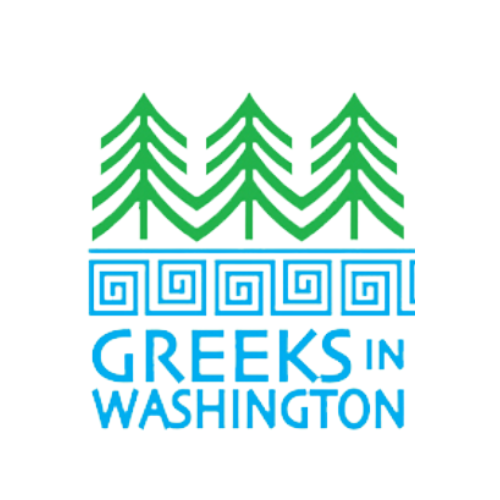Vancouver Island and Victoria in British Columbia Greeks
A short history of Greeks on Vancouver Island and Victoria in British Columbia
Greek Exhibits in British Columbia
Do you know the history of Greek-Canadians in nearby British Columbia? Learn more with the Victoria & Vancouver Island Greek Community Society.
The controversy about whether Juan de Fuca was Greek and whether he came into the strait that now bears his name is solved. Ioannis Focas from Kephalonia was here!
As with many records, names and dates before 1866 are uncertain and both are in question pending documentation.
Kapiotis’ boat
The next known Greek was Nikolas Kapiotis in the 1850s. He was born in Kymi, Karisteas, Euboeia circa 1835. The story is he was working with the British Navy around the time of the Crimean War 1853-1856 and was captured. He gave his captors an English name George Vienna. After he left the British Navy he was involved in Mexico as a mercenary. When the Gold Rush began in 1858 in what is now British Columbia, he was one of the thousands of gold seekers. He settled in Victoria, married Mary-Ann, the daughter of the local Songhees Chief (verified by the Indigenous community) in 1866 and opened a general grocery store and is rumored to own fishing boats. We have so far found no documents earlier than 1875 but are still looking. The museum has a model ship attributed by the family as being made by him.
He may have been accompanied by Stallone (spelling?) Sari or Saree who changed his name to John Stevens. He also went up to the goldfields and when he came back to Victoria first owned a horse and dray. He was the Assistant Chief of the Victoria Fire Department. The first record found so far is that in 1866 he married Angelique Auge, the daughter of a Metis Voltigeur, and from 1875 worked at the Omenica Saloon purchasing it in 1977. He died in 1892.
The next 25 years
Over the next 25 years more Greeks arrived on Vancouver Island many from Kymi, Karisteas, Euboeia as brothers, cousins, neighbors, and brides were sponsored. At one point the community was about 300 strong.
During the early 1910’s many returned to Greece to fight in the Balkan Wars and World War I. Some returned some did not.
The Greek community was close socially and in business. Over the ensuing years, the population of Greeks on the Island fluctuated greatly due to local and Greek financial and political changes.
AHEPA was formed in Victoria in 1942 and has continued since then. Various other associations have come and gone.
After World War II and the Greek Civil War, a wave of immigrants arrived in North America and many came to Victoria and Vancouver Island during the 1950s and 1960s.
The Victoria & Vancouver Island Greek Community Society
BC Greek Festival 2019
The Victoria & Vancouver Island Greek Community Society was granted society status in 1974 and became the core of the social and cultural community. In 1986 we purchased the property on which our church and community center stand. The building was started in 2000, our first permanent priest came in 2006 and over the years the church iconography and furnishings have been added. A renovation in 2013 gave the Greek Heritage Project a physical space and it became the museum it is today.
Our major celebration is Greek Fest during the Labour Day Weekend and the one before it, serving food, Greek music and dancing, museum and church tours, and deli and souvenirs. In 2019 attendance was estimated at 20,000. We also have 2 bake sales run by Philoptochos before Christmas and Easter.
We have a Greek language school, a Soccer team, give lessons in dancing and cooking when there is a large enough group interested.
We have several parties for the children, especially at Christmas. We try to organize at least 3 parties a year but with an aging population, volunteers are becoming scarce — and the current pandemic situation has made things more difficult too.
Our population numbers are estimates as not everyone is a paid member but about 100 families are.
Shared by Wendy Smylitopoulos of the Greek Heritage Project and Museum of Victoria and Vancouver Island.






